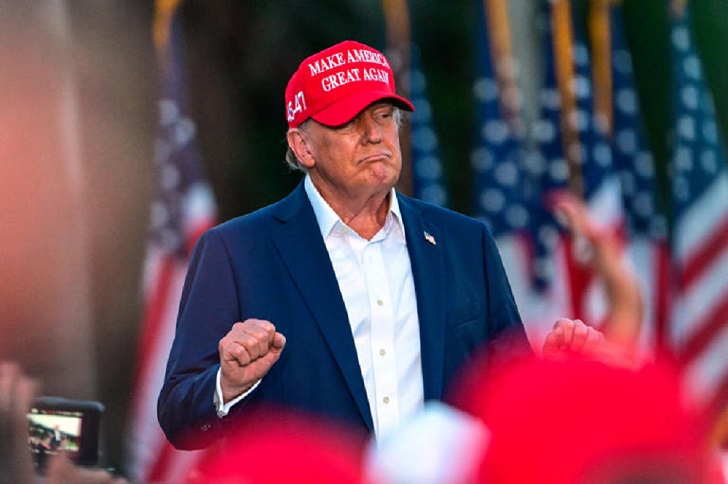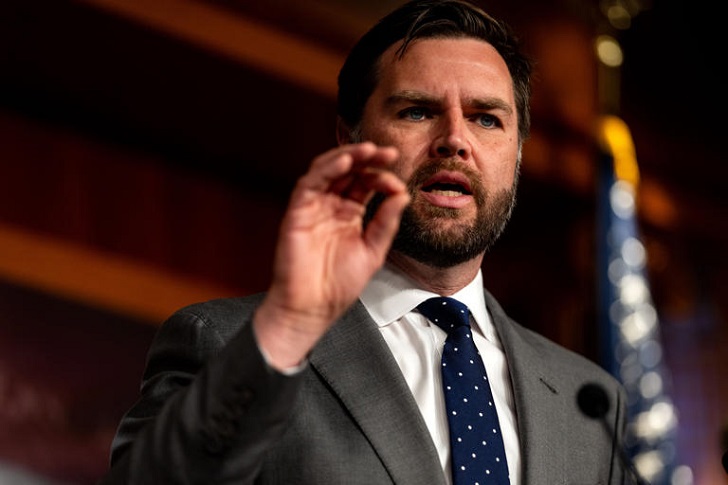The announcement of Trump's VP choice in 2024 has created a stir across the globe, particularly in Europe. With JD Vance as his running mate, Donald Trump has made it clear that his America-first foreign policy is set to return with full force if he is re-elected.
JD Vance, currently a junior senator for Ohio, is known for his outspoken criticism of sending support to Ukraine amid its conflict with Russia. This stance aligns closely with Trump’s views, reinforcing the notion that a second Trump administration would likely take a hard line on NATO and its European members for their defense spending practices. Vance's controversial remarks about the United Kingdom and other European nations have only intensified these concerns.
Europe's Worry Over Trump's VP Choice in 2024
Many European leaders harbored cautious optimism that Trump might soften his foreign policy stance if given another term. Trump’s recent decision to allow a $61 billion aid package to Ukraine, despite his vocal opposition, had given some hope that his views on Europe and Ukraine might be evolving. However, the selection of Vance as his running mate has dashed these hopes. Vance's comments and policies indicate a return to the stringent America-first policies that characterized Trump’s first term.

Matthew Impelli | MSN | Many European leaders harbored cautious optimism that Trump might soften his foreign policy stance if given another term.
Vance has openly suggested that Ukraine should negotiate with Russia, a stance that contradicts the prevailing views within NATO and the European Union. His remarks at the Munich Security Conference, where he advocated for a negotiated peace with Russia, were met with disapproval from European leaders. The idea of compromising with Russia, which could potentially lead to Ukraine ceding territory, is seen as unacceptable by many European allies.
The Impact on NATO and European Security
The implications of Vance’s potential influence on US foreign policy are profound. His skepticism towards NATO and the notion that European nations are not contributing enough to their defense could strain transatlantic relations. European leaders fear that under a Trump-Vance administration, the United States might pull back from its commitments to NATO, undermining the security architecture that has been in place since World War II.
Vance's views are not limited to Europe. He has expressed that the US should shift its focus away from Russia and towards East Asia, particularly China. This pivot could reduce US support for European defense initiatives at a time when the continent faces increasing threats from Russia. The suggestion that US military resources could be diverted from Europe to East Asia raises concerns about the future of NATO and the stability of the European region.

Newsweek | MSN | Vance has expressed that the US should shift its focus away from Russia and towards East Asia, particularly China.
The Shift in U.S. Foreign Policy
Vance's nomination signals a potential long-term shift in U.S. foreign policy. His emphasis on focusing on China over Russia departs from the current bipartisan consensus that views both nations as significant threats. European leaders are worried that this shift could reduce US engagement in European security matters.
Many experts see the idea that reducing support for Ukraine could benefit U.S. interests in Asia as overly simplistic. European leaders argue that the threats from China and Russia are interconnected, and abandoning Ukraine could embolden not only Russia but also other authoritarian regimes. NATO shares this perspective, which recently labeled China a "decisive enabler" of Russia’s actions in Ukraine.
European Leaders' Response
In response to these developments, European nations are already seeking alternative strategies to ensure their security. The initial delay in U.S. Congress approving the latest Ukraine aid package prompted a Czech-led initiative to find other sources of support for Kyiv. This move underscores the growing sentiment in Europe that the continent must be prepared to act independently of US support.